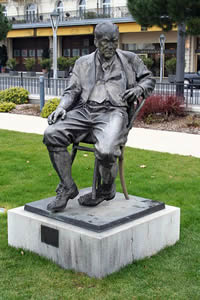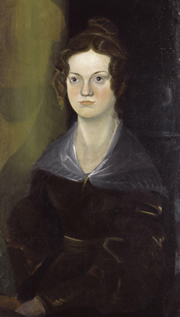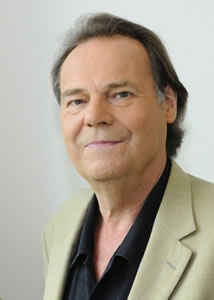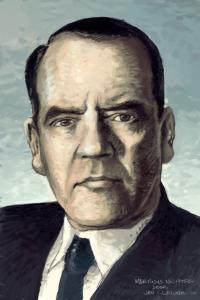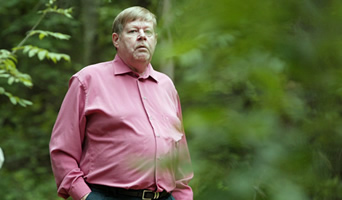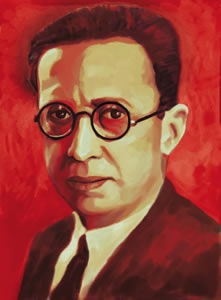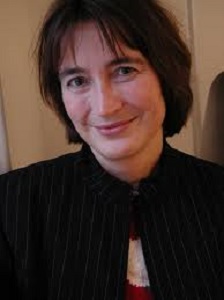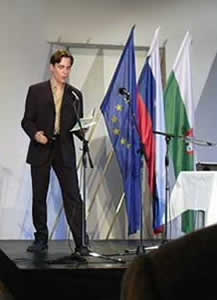De Engelse dichter en schrijver William Shakespeare werd geboren in Stradford-upon-Avon op, vermoedelijk, 23 april 1564. Zie ook alle tags voor William Shakespeare op dit blog.
Uit: Othello
“ACT I
SCENE I. Venice. A street.
Enter RODERIGO and IAGO
RODERIGO
Tush! never tell me; I take it much unkindly
That thou, Iago, who hast had my purse
As if the strings were thine, shouldst know of this.
IAGO
‘Sblood, but you will not hear me:
If ever I did dream of such a matter, Abhor me.
RODERIGO
Thou told’st me thou didst hold him in thy hate.
IAGO
Despise me, if I do not. Three great ones of the city,
In personal suit to make me his lieutenant,
Off-capp’d to him: and, by the faith of man,
I know my price, I am worth no worse a place:
But he; as loving his own pride and purposes,
Evades them, with a bombast circumstance
Horribly stuff’d with epithets of war;
And, in conclusion,
Nonsuits my mediators; for, ‘Certes,’ says he,
‘I have already chose my officer.’
And what was he?
Forsooth, a great arithmetician,
One Michael Cassio, a Florentine,
A fellow almost damn’d in a fair wife;
That never set a squadron in the field,
Nor the division of a battle knows
More than a spinster; unless the bookish theoric,
Wherein the toged consuls can propose
As masterly as he: mere prattle, without practise,
Is all his soldiership. But he, sir, had the election:
And I, of whom his eyes had seen the proof
At Rhodes, at Cyprus and on other grounds
Christian and heathen, must be be-lee’d and calm’d
By debitor and creditor: this counter-caster,
He, in good time, must his lieutenant be,
And I–God bless the mark!–his Moorship’s ancient.
RODERIGO
By heaven, I rather would have been his hangman.”
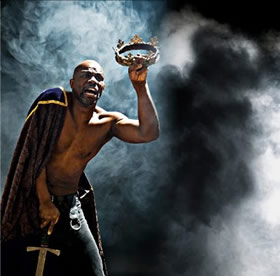
William Shakespeare (23 april 1564 – 23 april 1616)
John Douglas Thompson als Othello (Shakespeare& Company, Lenox, Massachusetts, 2009)

